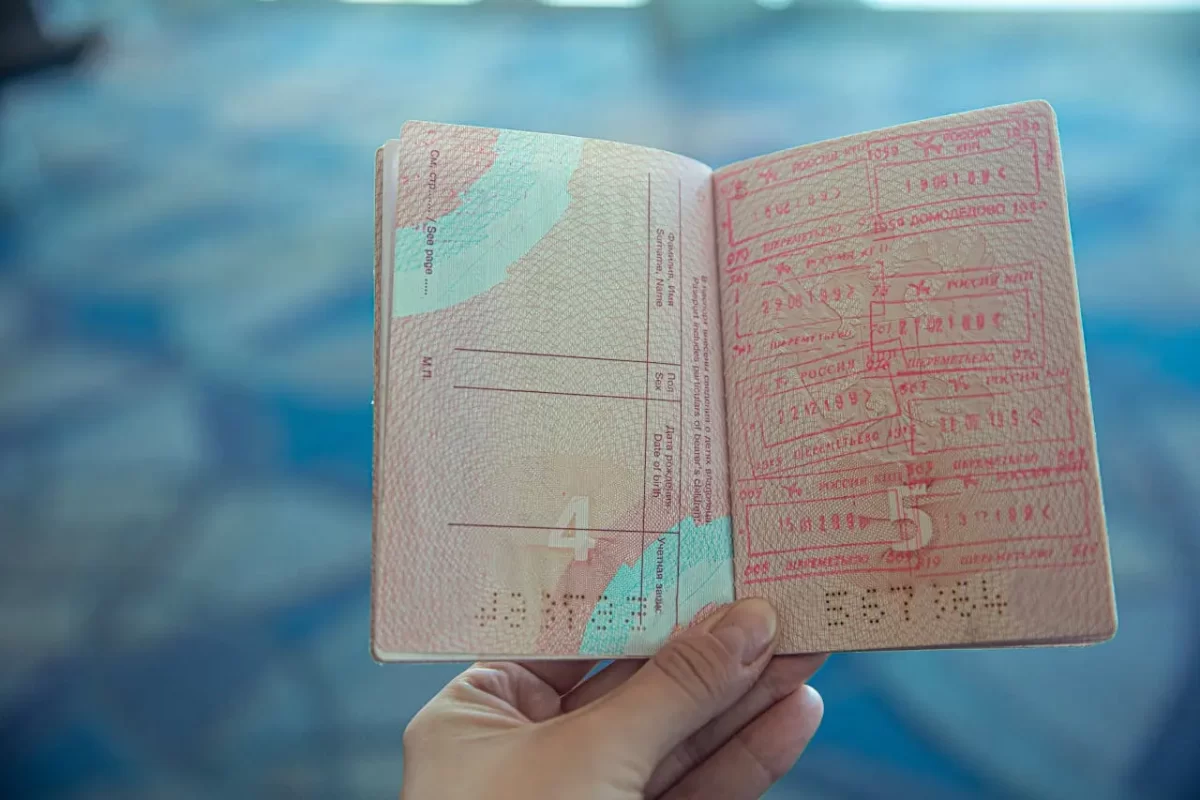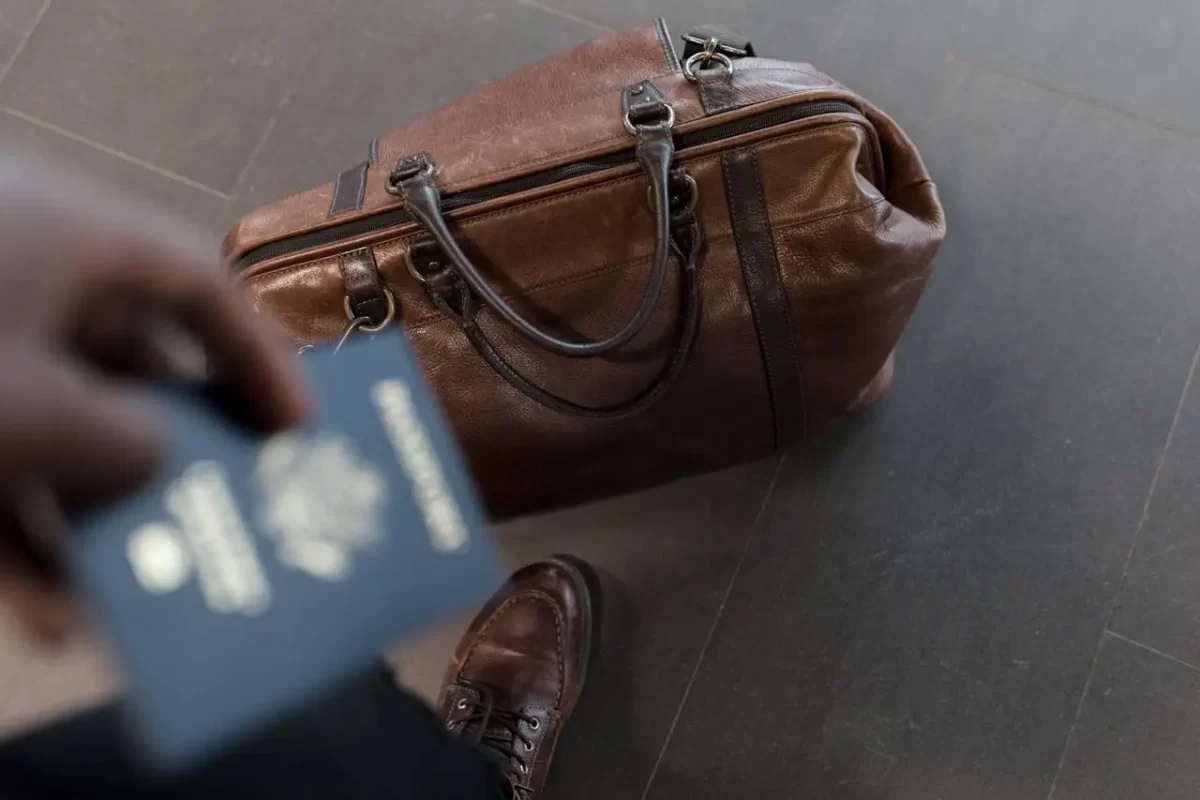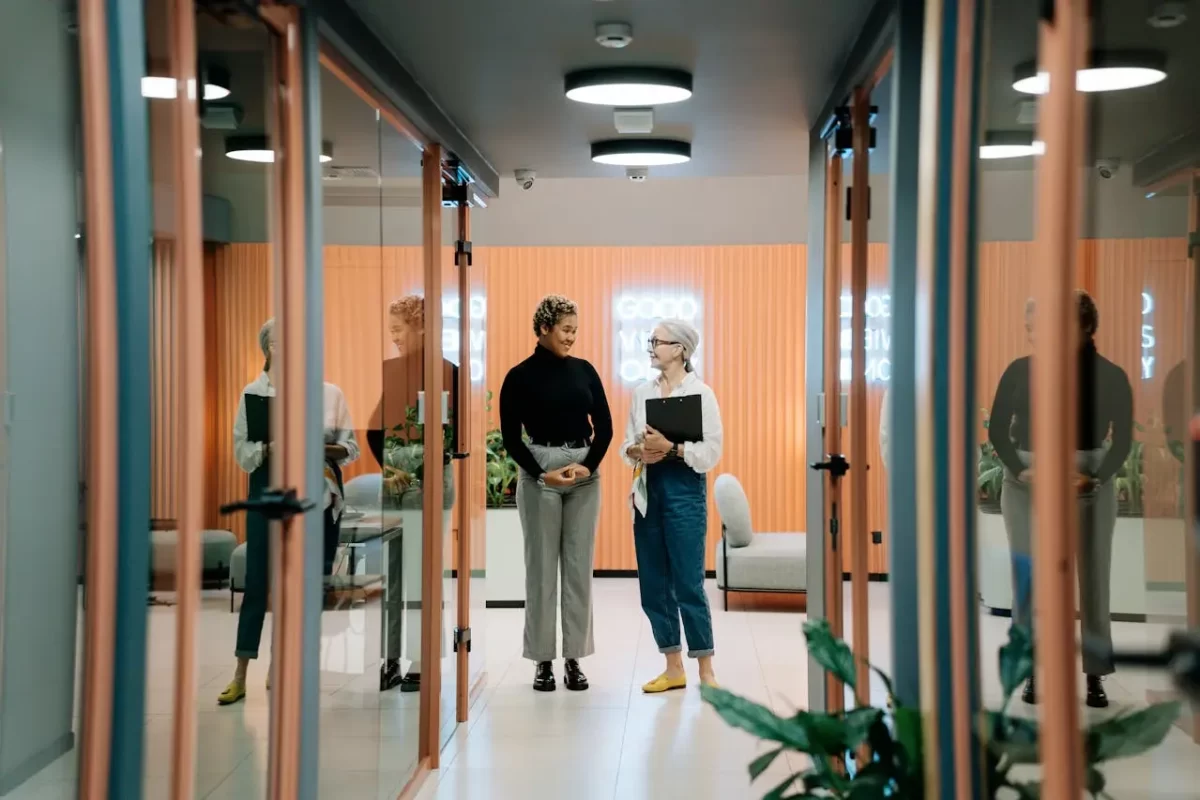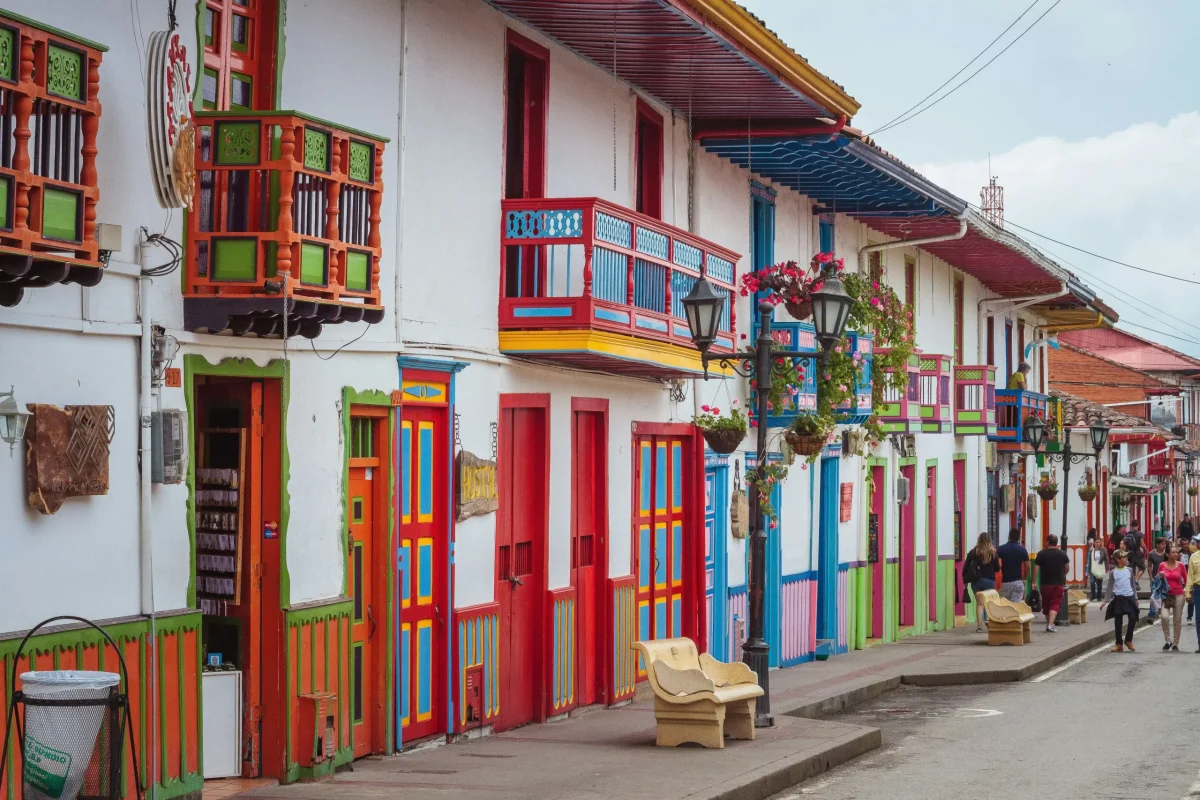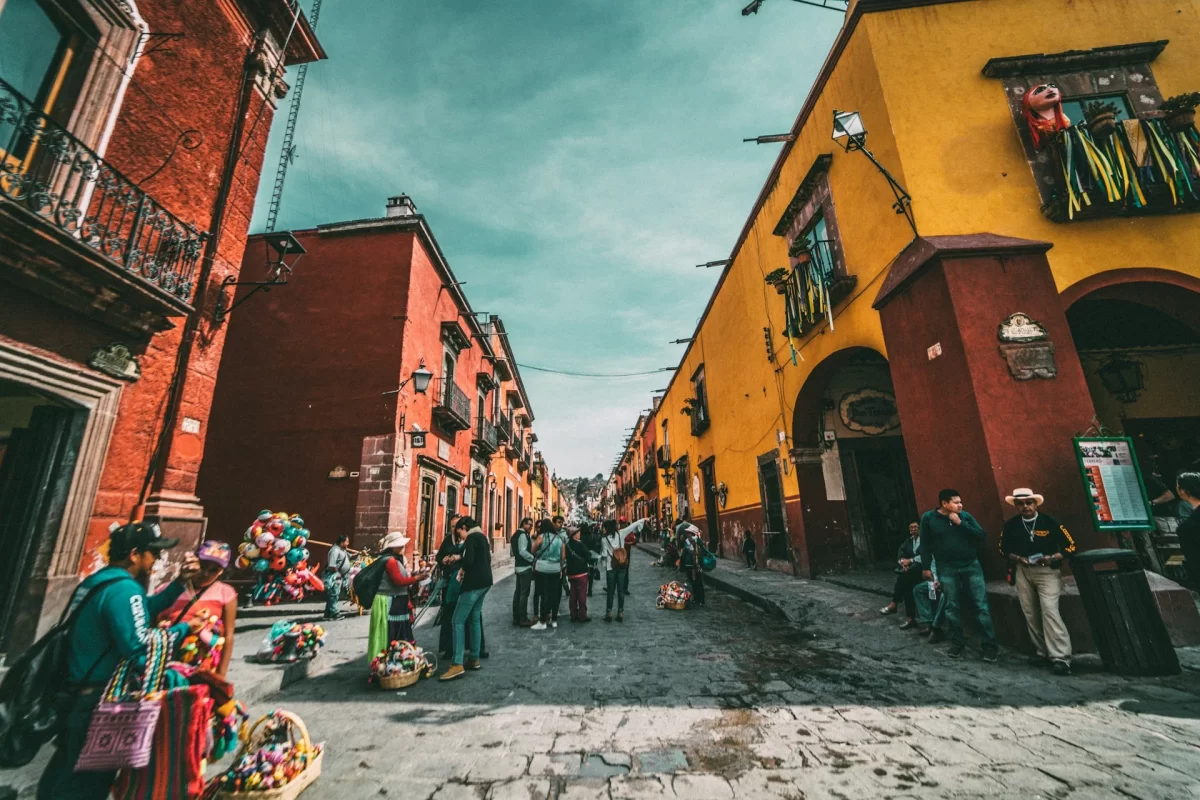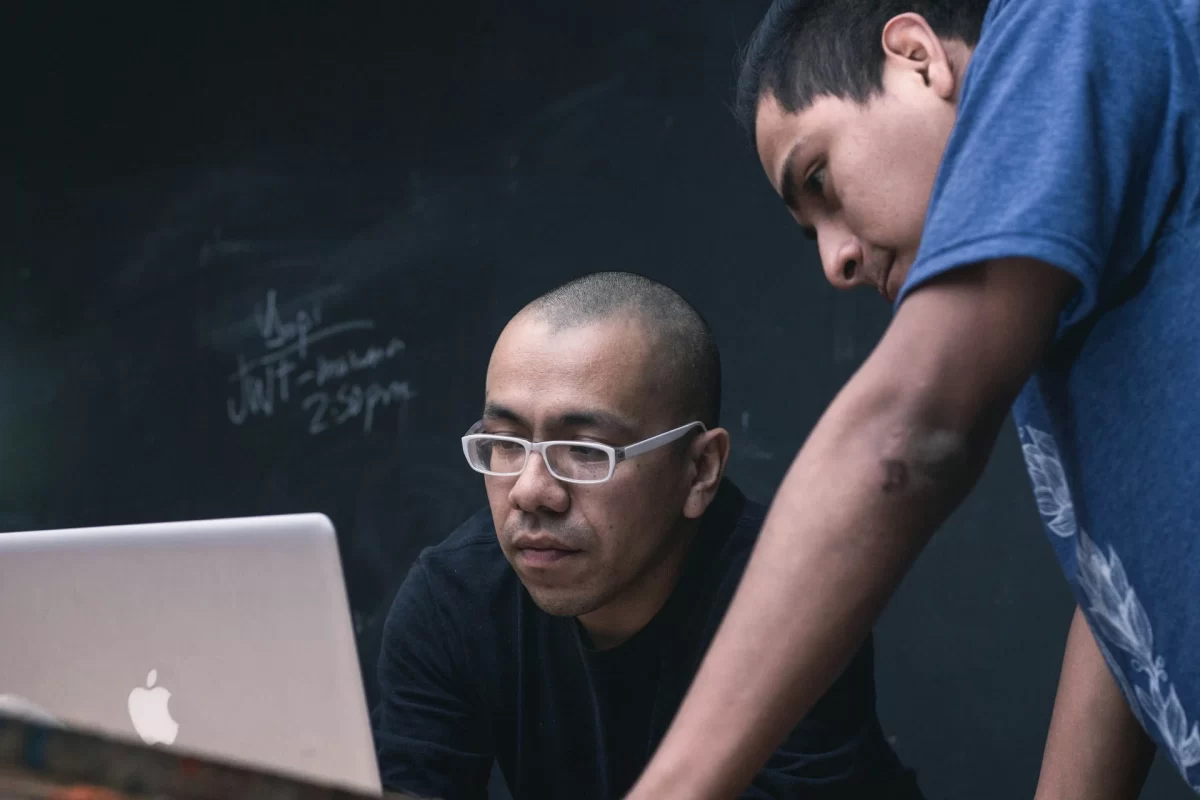Brazilian Work Culture Explained
Brazil is famous for its vibrant lifestyle and welcoming people. It also has a unique work culture worth exploring. Understanding Brazilian work culture is key to succeeding in this dynamic environment. From relationships to communication styles, workplaces in Brazil reflect the nation’s values. Let’s dive into the essential aspects of Brazilian work culture and how they shape professional interactions.
Key Takeaways
✔️ Relationships are the foundation of Brazilian work culture.
✔️Hierarchies are respected, but leaders are approachable and inclusive.
✔️ Time perception can differ, with flexibility often playing a significant role.
The Importance of Relationships in Brazilian Workplaces
Building strong relationships is the cornerstone of Brazilian work culture. Brazilians value personal connections in both their professional and personal lives. In fact, networking is seen as a key to success in the workplace.
Colleagues often engage in casual conversations before diving into work-related topics. This practice helps establish trust and camaraderie. Furthermore, Brazilians believe that trust is essential for effective teamwork. Therefore, taking the time to get to know colleagues can significantly improve workplace dynamics.
Managers in Brazil often adopt a people-oriented leadership style. They emphasize collaboration and harmony. This approach creates a supportive work environment where employees feel valued and motivated.
Time Perception in Brazilian Work Culture
Brazilians have a flexible approach to time. In professional settings, punctuality is appreciated but not always strict. Meetings might start a little late, and deadlines can sometimes be flexible. This reflects the value Brazilians place on relationships and adaptability. Rather than rigid schedules, they focus on building connections and finding practical solutions. International professionals should consider this to manage expectations and collaborate effectively..
Hierarchies and Decision-Making
Brazilian workplaces tend to have clear hierarchies. Respect for authority is deeply ingrained in the culture. Employees are expected to follow the chain of command when addressing work-related issues.
However, leadership in Brazil often combines authority with approachability. While hierarchy is respected, managers are usually open to feedback and suggestions. This balance fosters a sense of belonging among employees while maintaining organizational structure.
Decisions are typically made at the top levels of management. However, leaders often consult their teams to gather input. This consultative approach ensures that decisions are well-informed and aligned with organizational goals.
Communication Styles in Brazil
Effective communication is another vital aspect of Brazilian work culture. Brazilians are known for their expressive and engaging communication style. They often rely on non-verbal cues, such as gestures and facial expressions, to convey their messages.
In professional settings, Brazilians prefer face-to-face meetings over emails or calls. This preference stems from their emphasis on building personal connections. Meetings are often interactive, with participants actively sharing their ideas and opinions.
When it comes to written communication, Brazilians appreciate clarity and politeness. Emails and documents should be concise yet respectful. Including greetings and formalities is considered a sign of professionalism.
Work-Life Balance in Brazil
Work-life balance is highly valued in Brazilian work culture. Employees prioritize their personal lives alongside their professional responsibilities. As a result, many companies offer flexible working hours and generous vacation policies.
Public holidays in Brazil are also numerous, reflecting the country’s diverse cultural and religious heritage. These holidays provide employees with opportunities to relax and recharge.
Despite the emphasis on work-life balance, Brazilians are known for their dedication to work. They often go the extra mile to meet deadlines and achieve organizational goals. This balance between work and personal life creates a productive yet fulfilling environment.

Festivities and Celebrations in the Workplace
Brazilians love to celebrate, and this enthusiasm extends to their workplaces. Office celebrations are common and often include birthdays, work anniversaries, and holidays.
Such events are more than just fun gatherings. They play a significant role in strengthening team bonds and boosting morale. Employees often participate in planning and organizing these events, showcasing their creativity and teamwork.
The festive spirit also reflects the Brazilian value of community. By celebrating together, colleagues build stronger relationships and foster a positive work environment.
Adaptability and Creativity
Brazilian work culture is characterized by adaptability and creativity. Employees often approach challenges with innovative solutions and a can-do attitude. This adaptability stems from Brazil’s dynamic economic and social landscape.
In the workplace, Brazilians are known for their resourcefulness. They are skilled at finding practical solutions to complex problems. This creativity is particularly evident in industries such as technology, design, and advertising.
Employers in Brazil value employees who can think outside the box. Encouraging creativity not only drives innovation but also enhances employee satisfaction.
Diversity and Inclusion in Brazilian Workplaces
Brazil is one of the most diverse countries in the world, and this diversity is reflected in its workplaces. Companies in Brazil often prioritize diversity and inclusion as part of their organizational culture.
Workplaces in Brazil are home to employees from various cultural, ethnic, and social backgrounds. This diversity fosters creativity and innovation, as employees bring unique perspectives to the table.
Many companies also implement initiatives to promote gender equality and social inclusion. These efforts create a more equitable work environment and contribute to overall organizational success.
Challenges in Brazilian Work Culture
While Brazilian work culture has many strengths, it also presents certain challenges. One common issue is the prevalence of bureaucracy. Companies in Brazil often face complex regulations and administrative processes, which can slow down decision-making.
Another challenge is managing work-related stress. Despite the emphasis on work-life balance, high workloads and tight deadlines can sometimes lead to burnout. Employers are increasingly addressing this issue by promoting mental health awareness and providing wellness programs.
Additionally, navigating the cultural nuances of Brazilian workplaces can be challenging for foreigners. Understanding local customs and traditions is essential for building successful professional relationships.
Tips for Thriving in Brazilian Work Culture
For professionals and businesses looking to succeed in Brazil, here are some practical tips:
- Build relationships: Invest time in getting to know your colleagues and building trust.
- Adapt to hierarchies: Respect the chain of command while maintaining open communication with managers.
- Communicate effectively: Be expressive yet professional in your interactions.
- Embrace diversity: Value the unique perspectives of your colleagues.
- Stay flexible: Be prepared to adapt to changing circumstances and challenges.
Conclusion
Brazilian work culture blends collaboration, creativity, and community-focused values. Understanding these traits helps professionals build strong relationships and succeed. By embracing flexibility, fostering trust, and respecting local customs, you can create meaningful connections and navigate the Brazilian workplace with confidence.
At Europortage, we specialize in helping businesses and professionals adapt to the Brazilian market. With our deep understanding of local work culture, we provide tailored support to ensure your success. Reach out to us for expert guidance and make your journey in Brazil seamless and rewarding!




